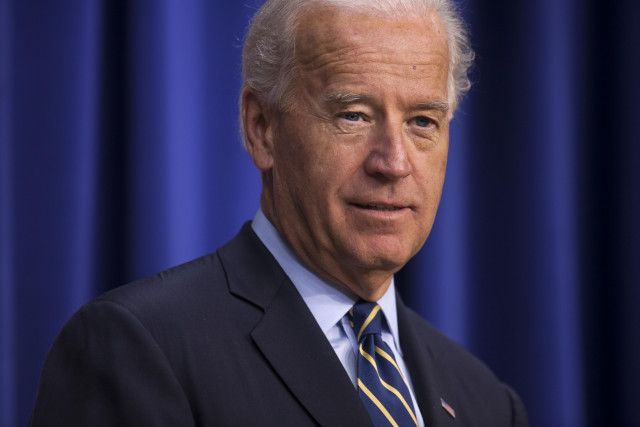What next in relations with America?
Biden assures Pakistan that US is not the enemy,appreciates those who practice Islam in US.

Sensing the rising religious sentiment in Pakistan and its resultant anti-Americanism, Biden delivered the following observation after meeting Prime Minister Yousaf Raza Gilani when he said: “We are not the enemies of Islam and we embrace those who practice this great religion in our country.” He was insistent, however, that Pakistan and the US were both facing a common enemy, that is, militancy expressing itself in the form of terrorism, and that al Qaeda continued to plot attacks against the United States and its interests.
He did refer to the widespread hatred of America in Pakistan when he said: “We know that there are those — I am not talking about the leadership, I am talking about the public — [who believe] that in America’s fight against al Qaeda, we’ve imposed a war upon Pakistan.” One could add another Pakistani beef, recently embraced by the government, to sum up some of the wrinkles appearing in US-Pakistan relations: drone attacks that violate Pakistan’s sovereignty. In post-Musharraf Pakistan, a lot of revisionism has been injected into Pakistan’s military-dominated policy towards the US. Some issue could be taken with this revision on the basis of realism.
Anti-Americanism is a part of the general extremism of attitudes in Pakistan. For any middle-level state to express extremes in foreign policy is not advisable, not even in a positive way while talking of China, if it appears to be an either-or option, based on the wrong assumption that China is an enemy of America. Alas, the military bias in Pakistan against the US is not entirely because of Washington’s AfPak policy, but also because of how the GHQ views America’s clear tilt in favour of India. This bias is a response to the perception in Rawalpindi that Pakistan is being thwarted in its policy of keeping a friendly Afghanistan on its western border.
Pakistan needs to look realistically at its time-worn doctrines of national defence. Its India-centric regional view has created an anti-Pakistan neighbourhood which it must allay before it decides to take on the US and its powerful allies in the European Union, where the attitude towards Pakistanis is far less cautious than that of the US. Pakistan must share the American view that terrorism radiating from Pakistan in the direction of the West is also ultimately harmful for Pakistan. Al Qaeda is increasingly becoming embedded in Pakistani society — or support for thinking that mirrors its ideology certainly is — and its minions, the Taliban and the madrassa network of extremist clergy, challenge the sovereignty of Pakistan far more seriously than the drones.
The politicians and the army must agree that Pakistan needs to think selfishly and this regard for the security of the state must be based on facts and not on doctrines of threat-perception written into textbooks. Both the mainstream political parties have done some lateral thinking on how Pakistan should behave towards India — and both have been punished for this in the past. The military may feel that its thinking is in the ascendant in the country, but such feeling would be misguided. This thinking is isolationist and can harm Pakistan by locking al Qaeda and its terrorists into Pakistan. Pakistan’s current policy does nothing to prevent the ascendancy of al Qaeda and the Taliban. That must change and give way to thinking based on the ground realties and a pragmatic and rational world view.
Published in The Express Tribune, January 14th, 2011.














COMMENTS
Comments are moderated and generally will be posted if they are on-topic and not abusive.
For more information, please see our Comments FAQ